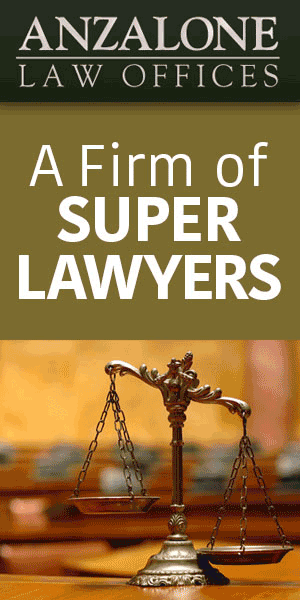Many can easily recollect colorful scenes from the past, scenes which might have had serious adverse consequences had they come to the attention of the authorities. Thus, humbled and contrite, it is easier to look upon that youthful offender and to think there but for the grace of God go. In its wisdom, the State of Oklahoma has made it increasingly easy to have criminal records expunged, or sealed. What is expungement and what are the benefits? Who is eligible for expungement? How does expungement differ from a pardon? Does expungement truly yield a fresh start?
Expungement and its benefits
Oklahoma Statutes define expungement as the sealing of criminal records, as well as any public civil record. The effect of this sealing is to keep the public from accessing this information, allowing the offender to represent to employers, landlords, etc., that they never had been charged or convicted of that crime. This enables the beneficiaries to more easily find work, housing, and credit and so make a useful contribution to society.
Who is eligible for expungement?
Oklahoma has steadily increased the number of offenders and crimes that are eligible for expungement. You may be eligible if you:
- were charged with a felony or misdemeanor and the charge was dismissed;
- plead guilty to a misdemeanor but judgment or sentence was deferred;
- were convicted of a misdemeanor;
- were not previously convicted of a drug offense under state or federal law;
- were convicted of a single nonviolent felony;
- were convicted of not more than two felony offenses, neither of which is of serious violence or requires registration as a sex offender.
There are additional eligibility requirements. Generally, a minimum period of time must have elapsed since the charge, conviction, or sentence completion; there must be no pending charges nor subsequent convictions; the charges did not involve violence; other court-ordered mandates (restitution, treatment) have been met.
How does expungement differ from a pardon?
A pardon is a very different, entailing a detailed constitutional, bureaucratic and very public procedure. Formal application to the Board, a public hearing, a favorable Parole Board recommendation, and the approval of the Governor, are all required. The Governor typically accepts the recommendation of the Parole Board, though he is not required to do so. Note that 80-100 pardon applications are granted by the Oklahoma governor each year.
Is expungement really a magic bullet?
It depends. As to sealing from public scrutiny criminal and related civil records, it would seem so. But this rosy picture is clouded by the likes of newspapers, social media, and the long memory of the internet. For example, if your youthful exuberance made its way into the newspaper, or you bragged of it on Facebook, well… Background checks are now more comprehensive and easier to perform. Note that expunged conviction records (including those for pardoned offenses) generally remain available to law enforcement and may be used in subsequent prosecutions. Suffice it to say that expungement may not be an absolute fresh start, but it is most certainly a fresher start.
Conclusion
This article is intended as a brief summary of Oklahoma pardon and expungement information many specific qualifications and requirements have been omitted. Recent changes in Oklahoma law have made it simpler for more people to benefit from expungement. Given the formalized legal procedures involved and the tremendous potential benefits of receiving a pardon or expungement, it is clearly in your best interest to hire experienced, zealous criminal defense attorneys to assist you.
























